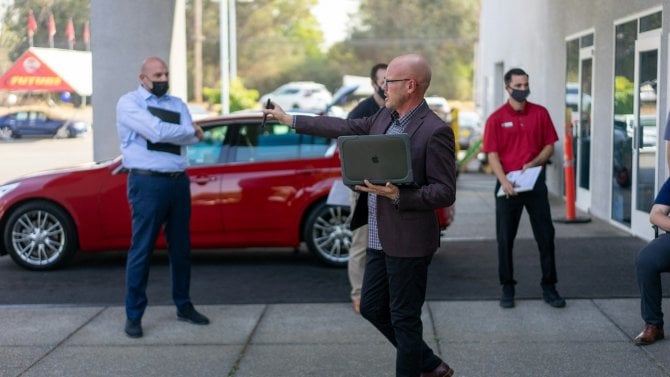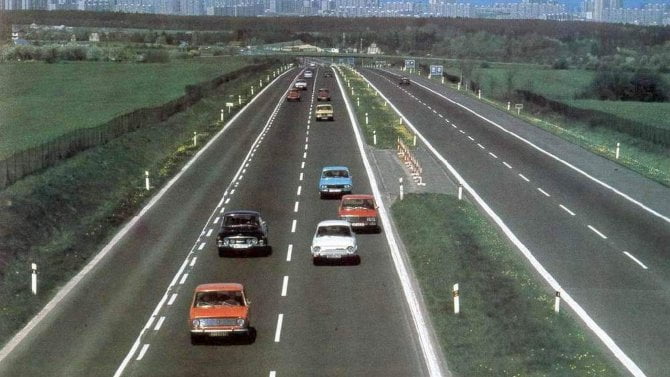...
The Czech government proposed on Wednesday a measure to send undercover agents into government offices and town halls to uncover evidence of corruption.
The centre-right government is reacting to a series of corruption scandals that have shaken the country's political elite, an experience shared by other post-Communist countries that have gone through sweeping changes since 1989.
Despite much public attention, there have been few convictions of bribery. Much more often, cases of suspected misconduct fill the media for a few days but then disappear.
The Czechs ranked 20th out of the European Union's 25 states in a corruption perception index prepared last year by Transparency International, a corruption watchdog.
Interior Minister Ivan Langer told a news conference that if parliament approved the law, agents may operate undercover and collect evidence that would be allowed in court.
The agents would not be allowed to provoke crime themselves, for example by offering or demanding bribes.
"The agent would be used ... at the point when police gather information about potential corrupt behaviour," he said.
"The agent can be deployed ... on the basis of a court decision, gather information and evidence. We are hoping this will bring more evidence and a higher number of convictions."
The new EU member country lost two governments in the past decade due to financial scandals. Current President Vaclav Klaus resigned in 1997 as his party battled allegations of dodgy sponsorships, while Social Democrat Stanislav Gross quit in 2005 amid media allegations that he did not make enough money to pay for his luxury flat. He was never charged with any crime.
The current government was stung when Deputy Prime Minister Jiri Cunek faced a police investigation this year for allegedly taking a bribe as a mayor of an eastern Czech town in 2002.
The case almost caused the break up of the three-party government coalition, but Cunek was finally cleared in August after a new state attorney was assigned to his case.
Transparency's chief in the Czech Republic, Adriana Krnacova, said the plan was a step in the right direction.
"If we do not have effective tools for revealing corruption crimes, one of which the 'agent' undoubtedly is, then prosecution organs will not be able to satisfy in the long run the demand of society, which is clearing it from those who abuse the law and bend justice," she told Reuters. (Additional reporting by Jan Korselt)
[PRAGUE/Reuters/Finance.cz]




 Šidit, svařovat totálky, kitovat a stáčet tachometry aneb v kůži polského autobazaru. Vyzkoušet pochybné praktiky si teď může každý
Šidit, svařovat totálky, kitovat a stáčet tachometry aneb v kůži polského autobazaru. Vyzkoušet pochybné praktiky si teď může každý
 Řidiči, držte si klobouky. V nadcházejícím roce se změní řada věcí. Víme, které to budou
Řidiči, držte si klobouky. V nadcházejícím roce se změní řada věcí. Víme, které to budou
 Až budete stát v koloně na D1, můžete slavit. Dálniční propojení Prahy a Bratislavy se otevřelo před 45 lety
Až budete stát v koloně na D1, můžete slavit. Dálniční propojení Prahy a Bratislavy se otevřelo před 45 lety
 Test ojetiny: Levná vstupenka do Jaguaru klubu. XF II koupíte za super peníze
Test ojetiny: Levná vstupenka do Jaguaru klubu. XF II koupíte za super peníze
 Test Mitsubishi ASX 1.3 DI-T Instyle (2025): Levná normální auta pořád existují
Test Mitsubishi ASX 1.3 DI-T Instyle (2025): Levná normální auta pořád existují
